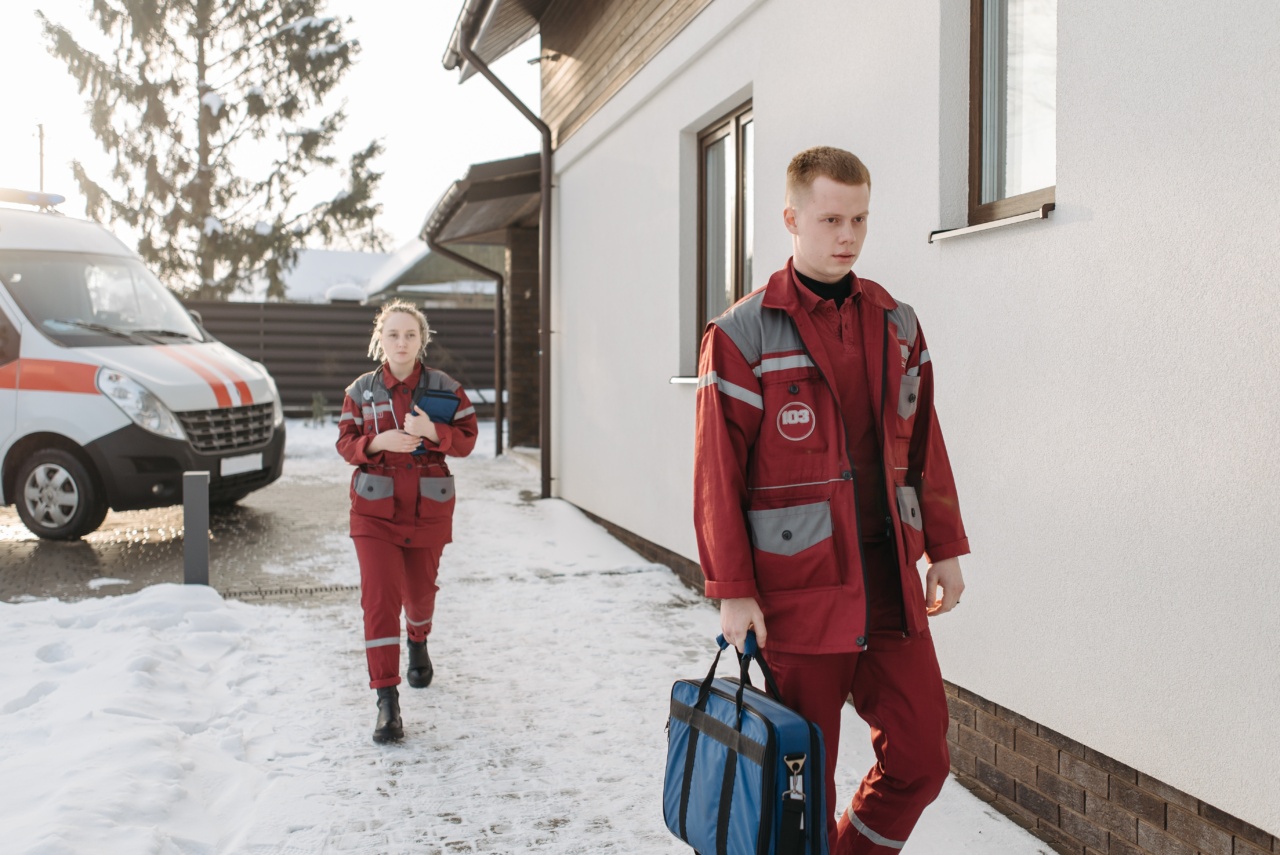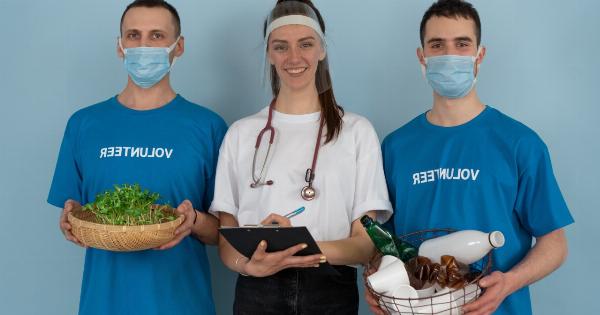As the COVID-19 pandemic has spread at an alarming rate, healthcare professionals have been working tirelessly to mitigate the impact of this highly infectious disease.
Among these healthcare workers are pulmonologists, who have become an essential part of the medical team responding to the crisis.
What is a pulmonologist?
Pulmonologists, also known as respiratory physicians, are doctors who specialize in treating respiratory system disorders.
They diagnose and manage conditions such as asthma, chronic obstructive pulmonary disease (COPD), pneumonia, lung cancer, and many other conditions that affect the lungs and respiratory system.
The role of pulmonologists in the COVID-19 crisis
The COVID-19 virus primarily affects the respiratory system, and pulmonologists play a critical role in managing patients with the disease.
They are involved in diagnosing the disease, monitoring its progression, and managing the complications that arise. In severe cases, pulmonologists are also involved in managing patients who require mechanical ventilation.
The need for more pulmonologists
Even before the COVID-19 pandemic, there was a shortage of pulmonologists in many parts of the world.
The demand for pulmonologists has now increased exponentially due to the pandemic, and there is an urgent need for more specialists to join the workforce.
The shortage of pulmonologists is particularly acute in rural areas, where access to healthcare is already limited.
The lack of specialists in these areas has a significant impact on the overall health of the population, and the COVID-19 pandemic has only exacerbated this issue.
How can we address the shortage of pulmonologists?
There are several ways in which we can address the shortage of pulmonologists:.
: 1. Increase funding for pulmonology training programs
Increasing funding for pulmonology training programs can help to attract more students to the specialty. This can include scholarships, grants, and other financial incentives to encourage more medical students to pursue a career in pulmonology.
: 2. Expand pulmonology training programs
Expanding pulmonology training programs can help to increase the number of specialists in the field.
This can include creating new programs in areas where there is a shortage of pulmonologists, and increasing the number of residency positions available to trainees.
: 3. Improve working conditions and salaries for pulmonologists
Improving working conditions and salaries for pulmonologists can help to retain current specialists and attract more students to the field.
This can include providing better equipment and resources, reducing administrative burdens, and increasing salaries and benefits to make the field more attractive.
: 4. Increase public awareness of the role of pulmonologists
Increasing public awareness of the vital role that pulmonologists play in managing respiratory conditions can help to increase interest in the specialty.
This can include highlighting the work that pulmonologists do in managing patients with COVID-19 and other respiratory conditions.
Conclusion
The COVID-19 pandemic has highlighted the critical role that pulmonologists play in managing respiratory conditions. There is an urgent need for more specialists to join the workforce, particularly in rural areas where access to healthcare is limited.
By increasing funding for training programs, expanding the number of residency positions available, improving working conditions and salaries, and increasing public awareness of the role of pulmonologists, we can address the shortage of specialists and ensure that patients receive the care they need.






























